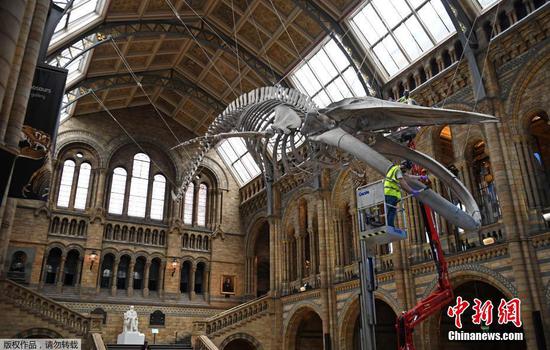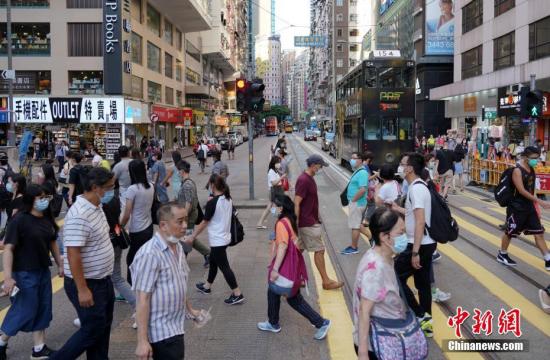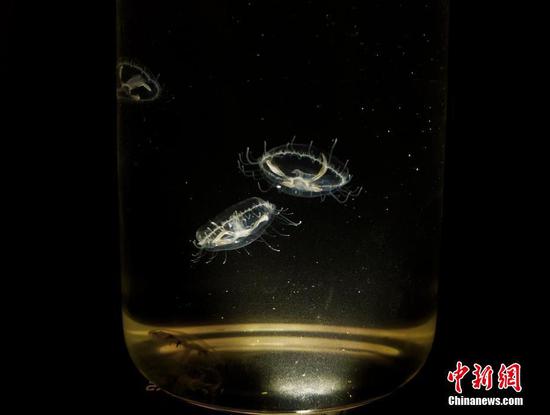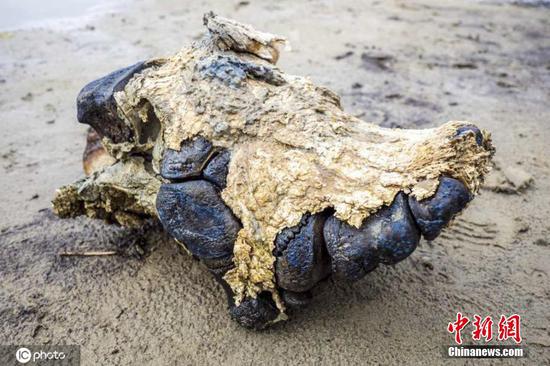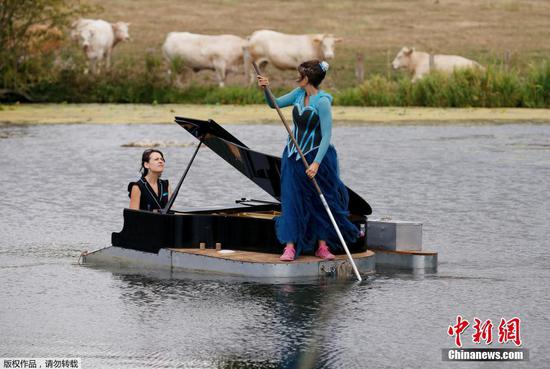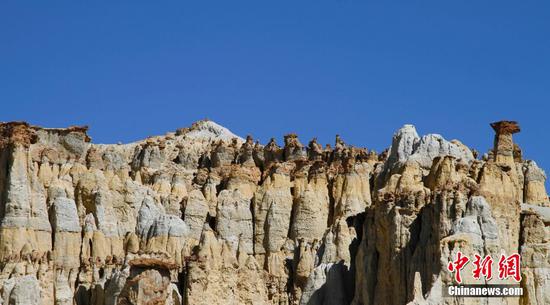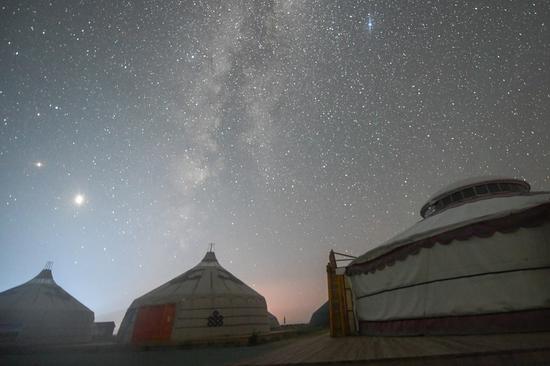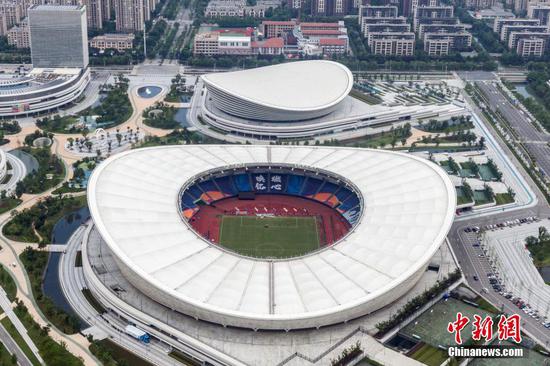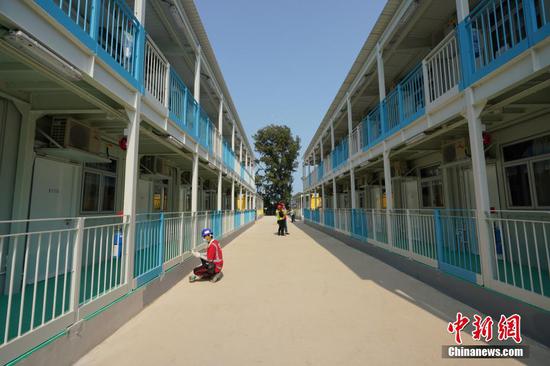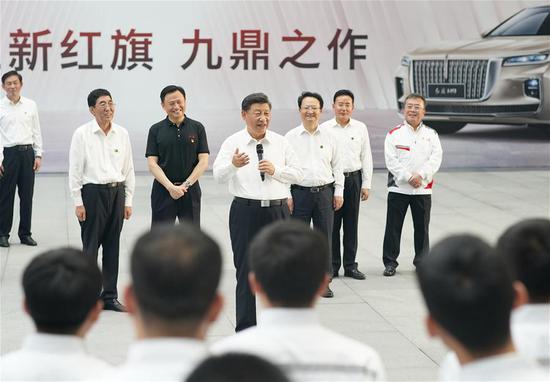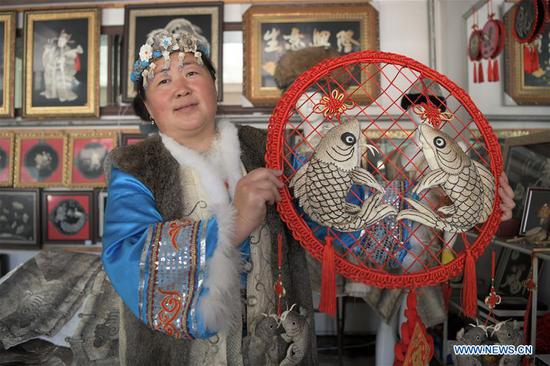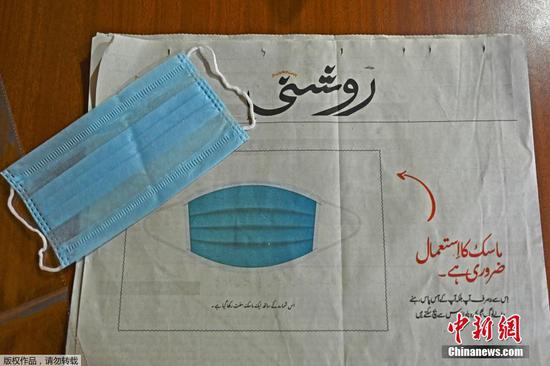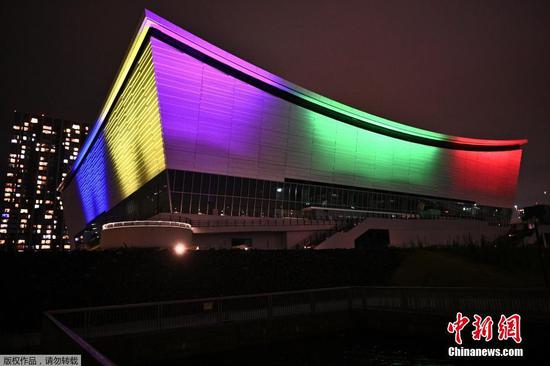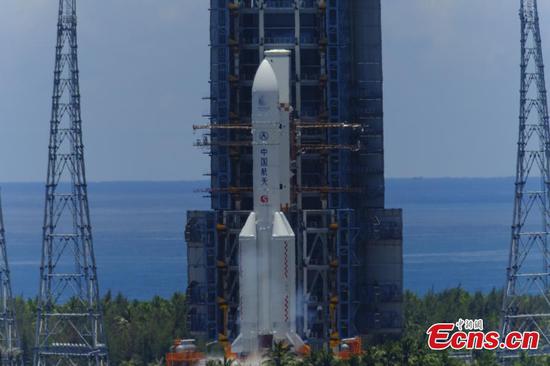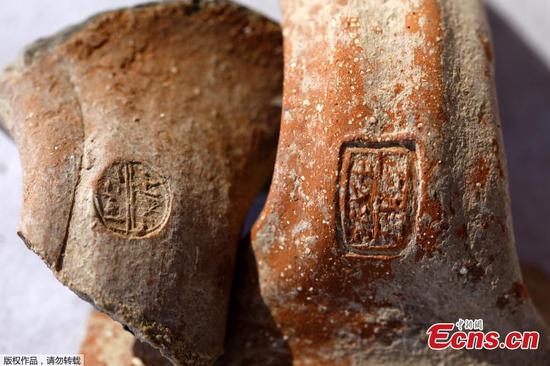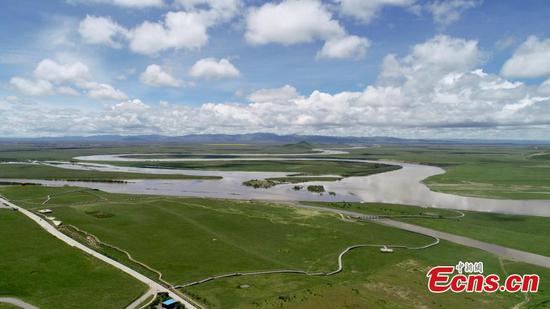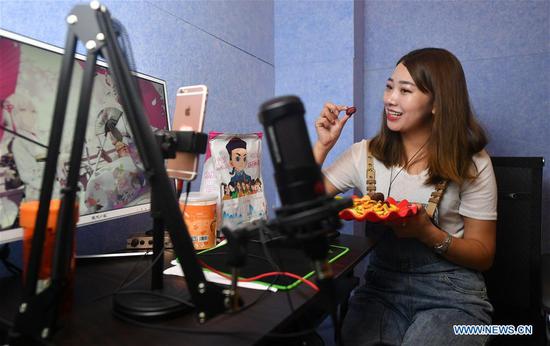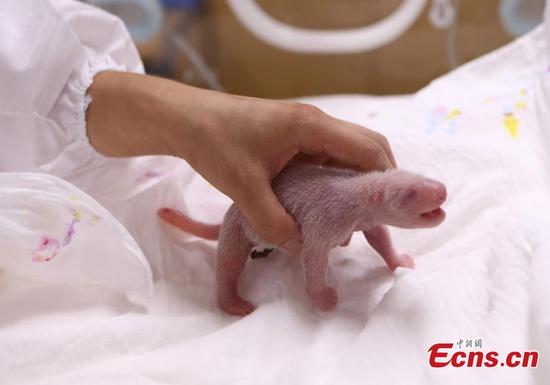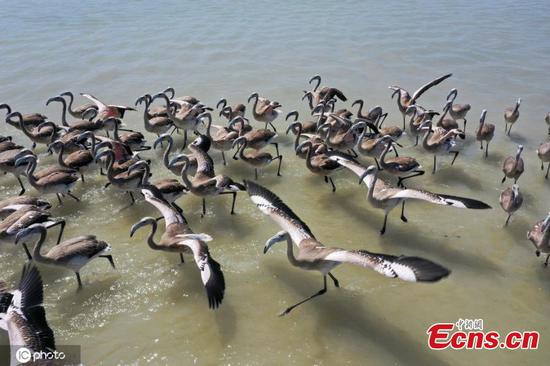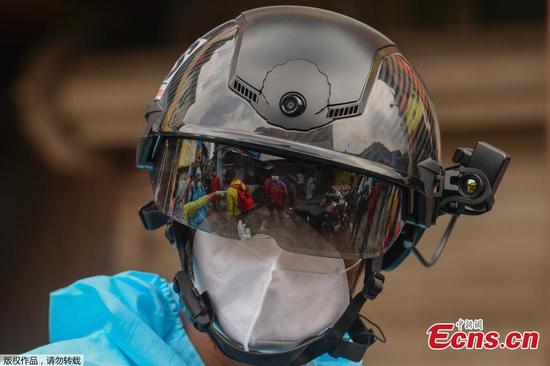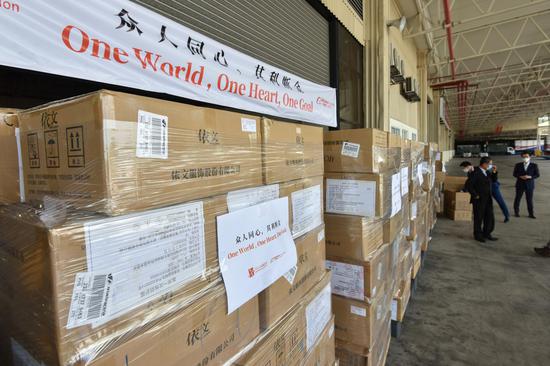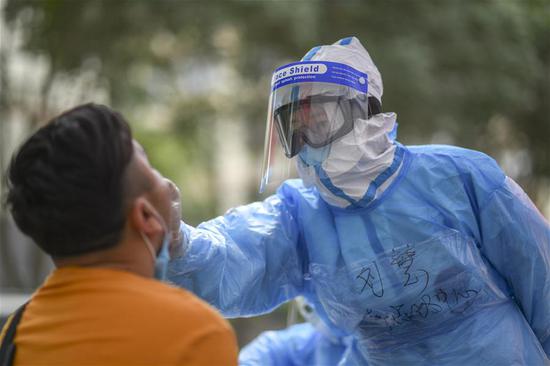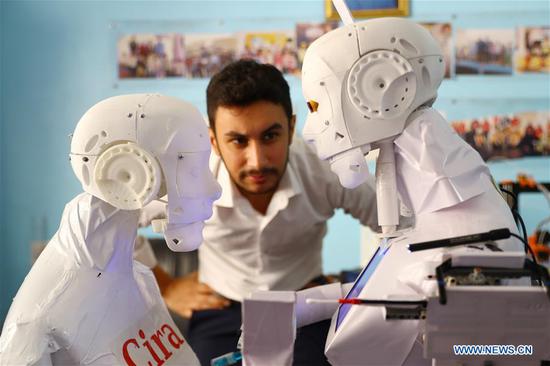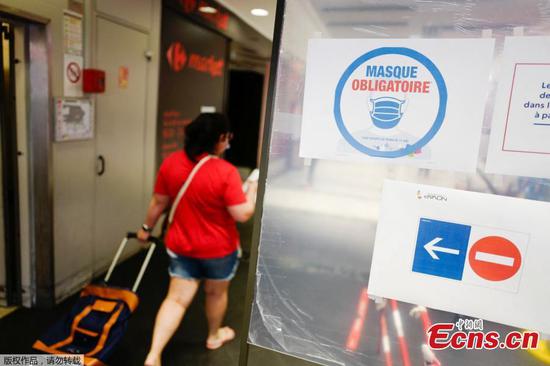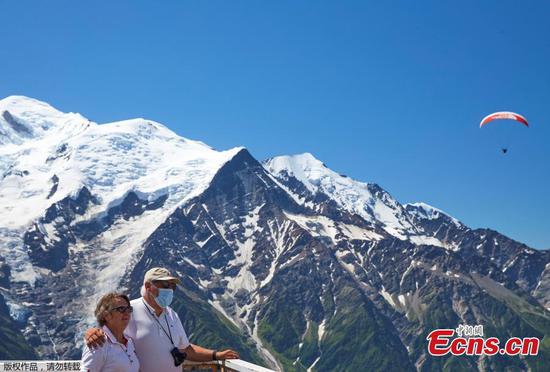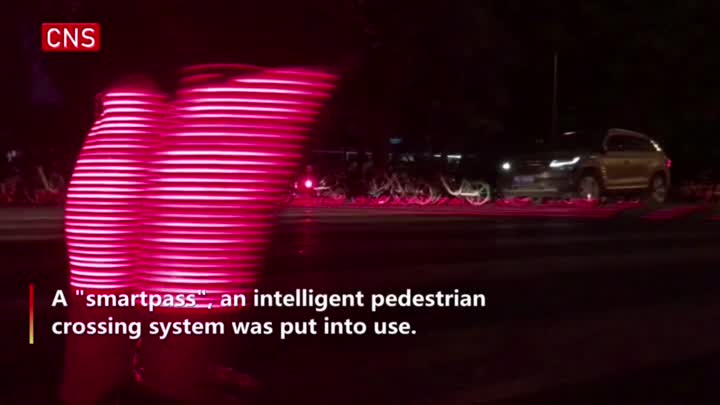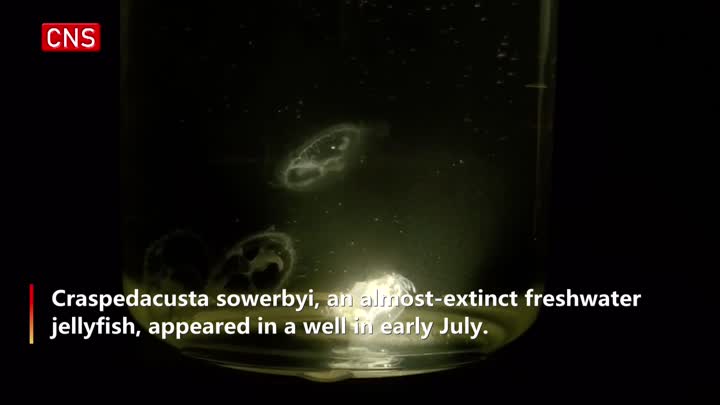2. False: China is using its talent recruitment programs to steal scientific research and intellectual property from research institutions such as the MD Anderson Cancer Center and from energy and high-tech companies in the Houston area.
True: These are trumped-up charges made by the US under the presumption of guilt against the normal scientific and people-to-people exchanges and cooperation between the two countries. China's efforts in attracting talent from abroad are no different in essence from customary practices of other countries. These efforts are above-board and beyond reproach.
◆ The cross-border movement of talent in the era of globalization has facilitated technological and economic advances worldwide. Countries are all actively carrying out international exchanges and cooperation on talent. What China is doing in this respect is in essence not different from other countries' practices.
◆ Closer exchanges and cooperation between China and the US on science and technology serves the interests of both sides. According to the Global AI Talent Tracker released in mid-June by MacroPolo, the in-house think tank of the Paulson Institute, 29% of top-tier AI researchers working in the US received undergraduate degrees in China. Thus, the US global lead on AI has much to do with the talent supply from China.
◆ What the US government is doing conflicts with its self-claimed ideals of openness and freedom as well as the commitments publicly made by its leaders. It runs counter to the global trend of talent exchanges worldwide, and has brought grave negative impact on the normal people-to-people exchange and personnel inter-flow between the two countries.










